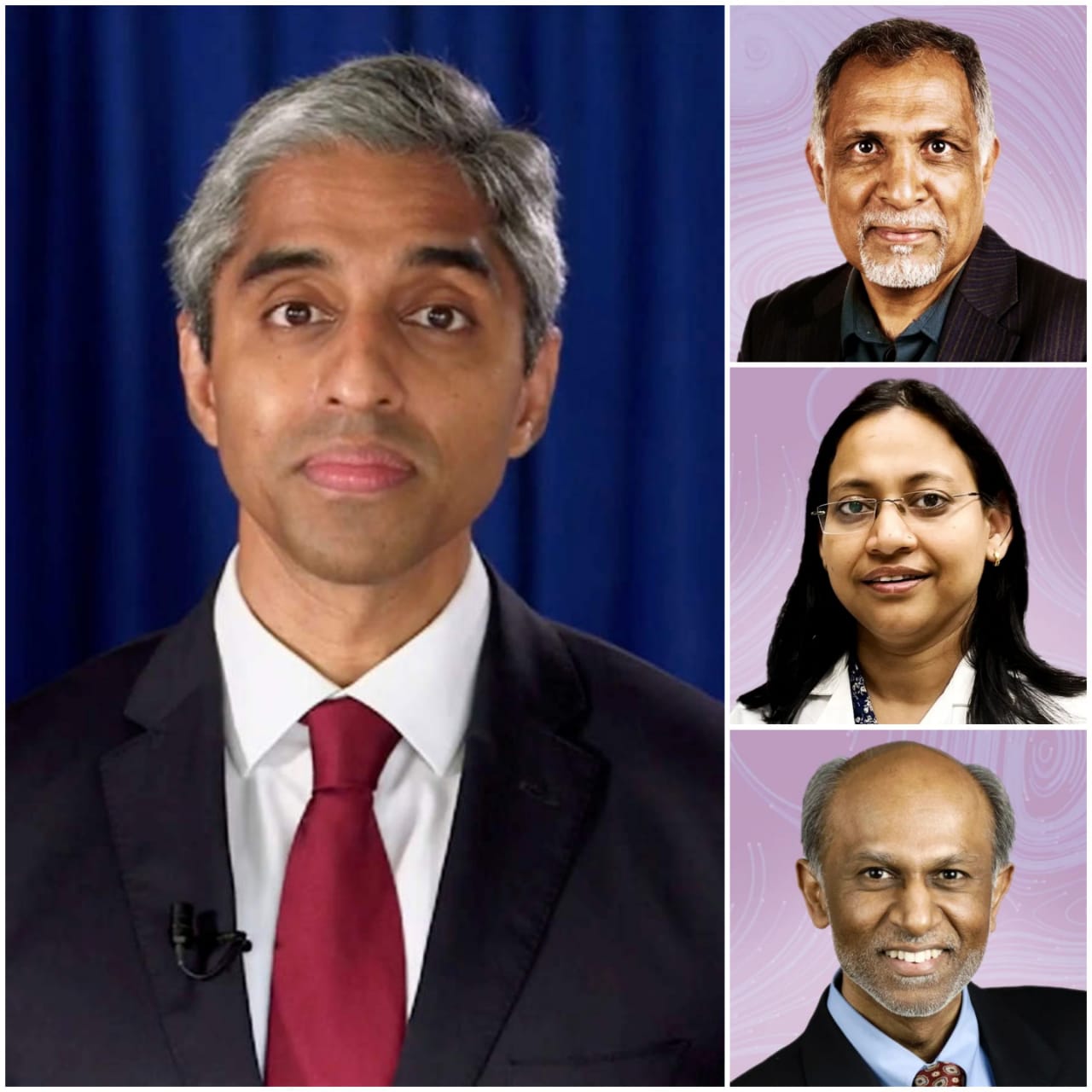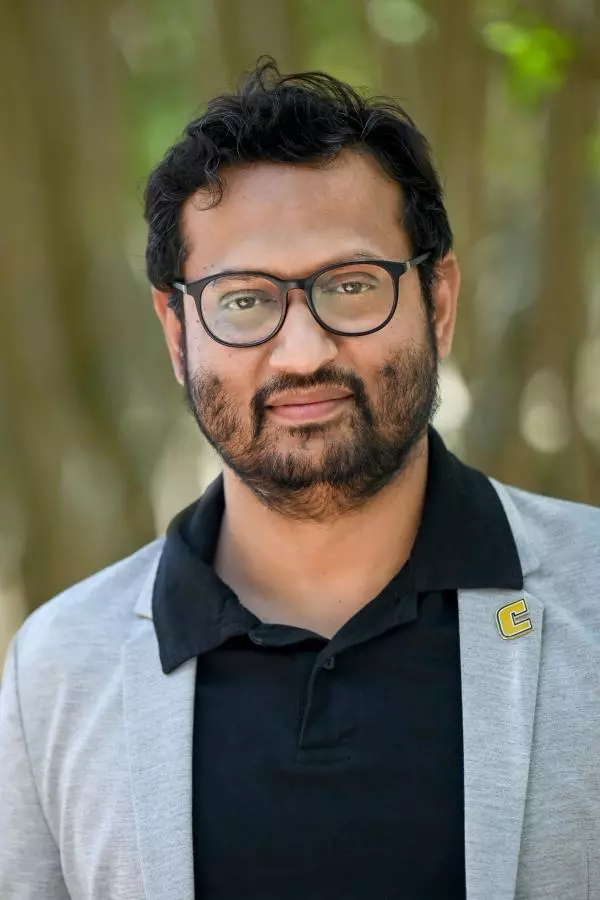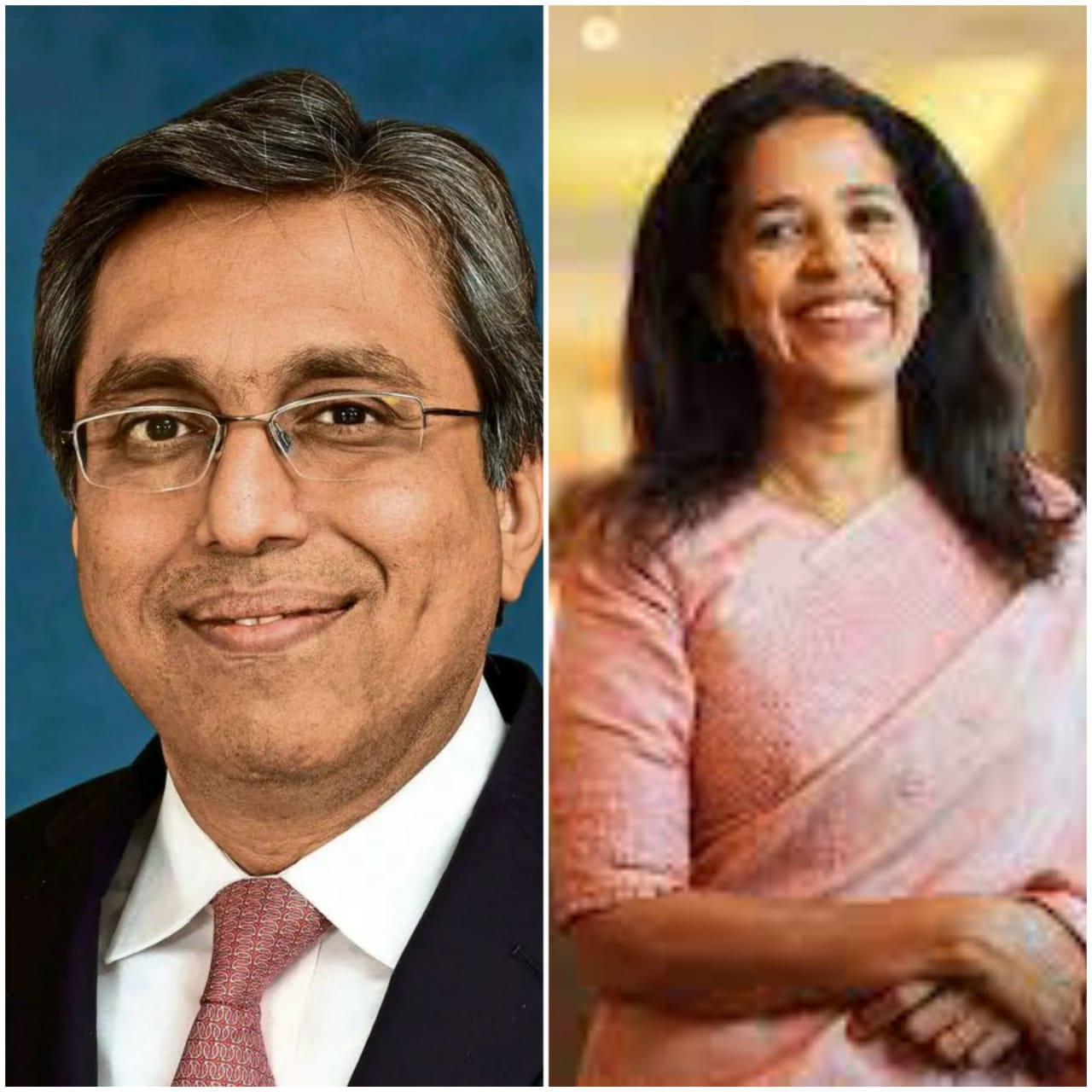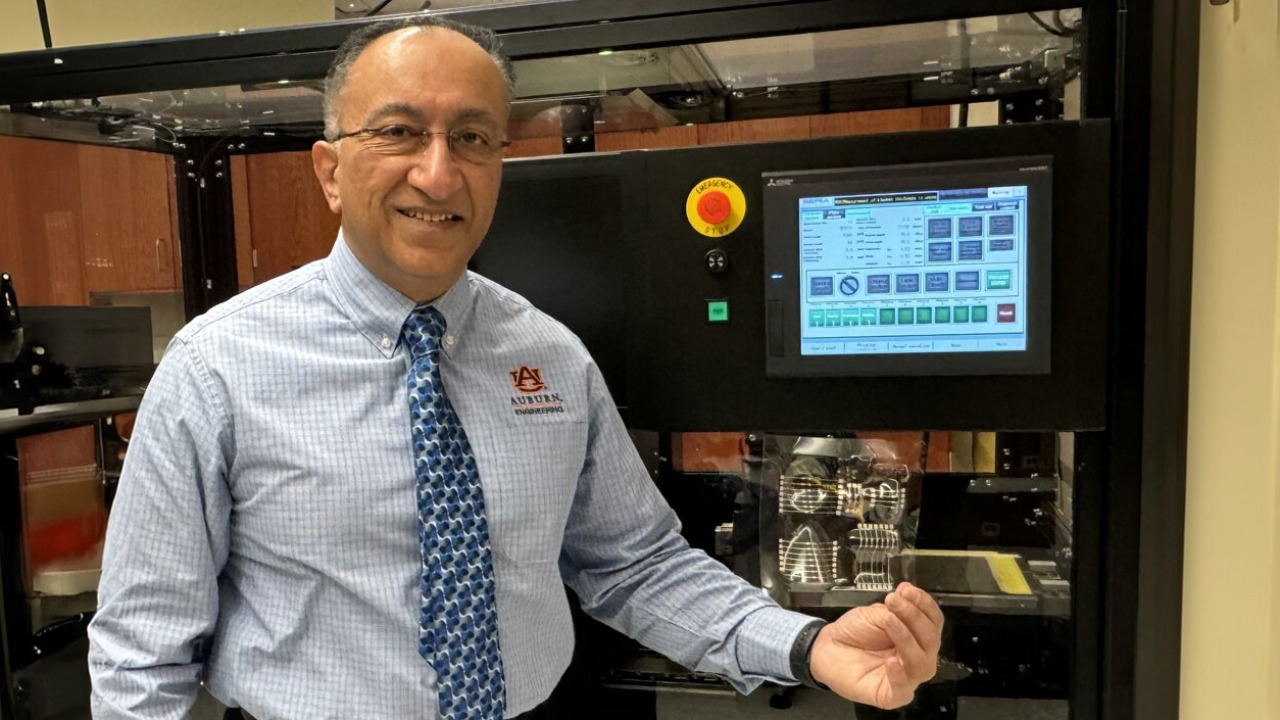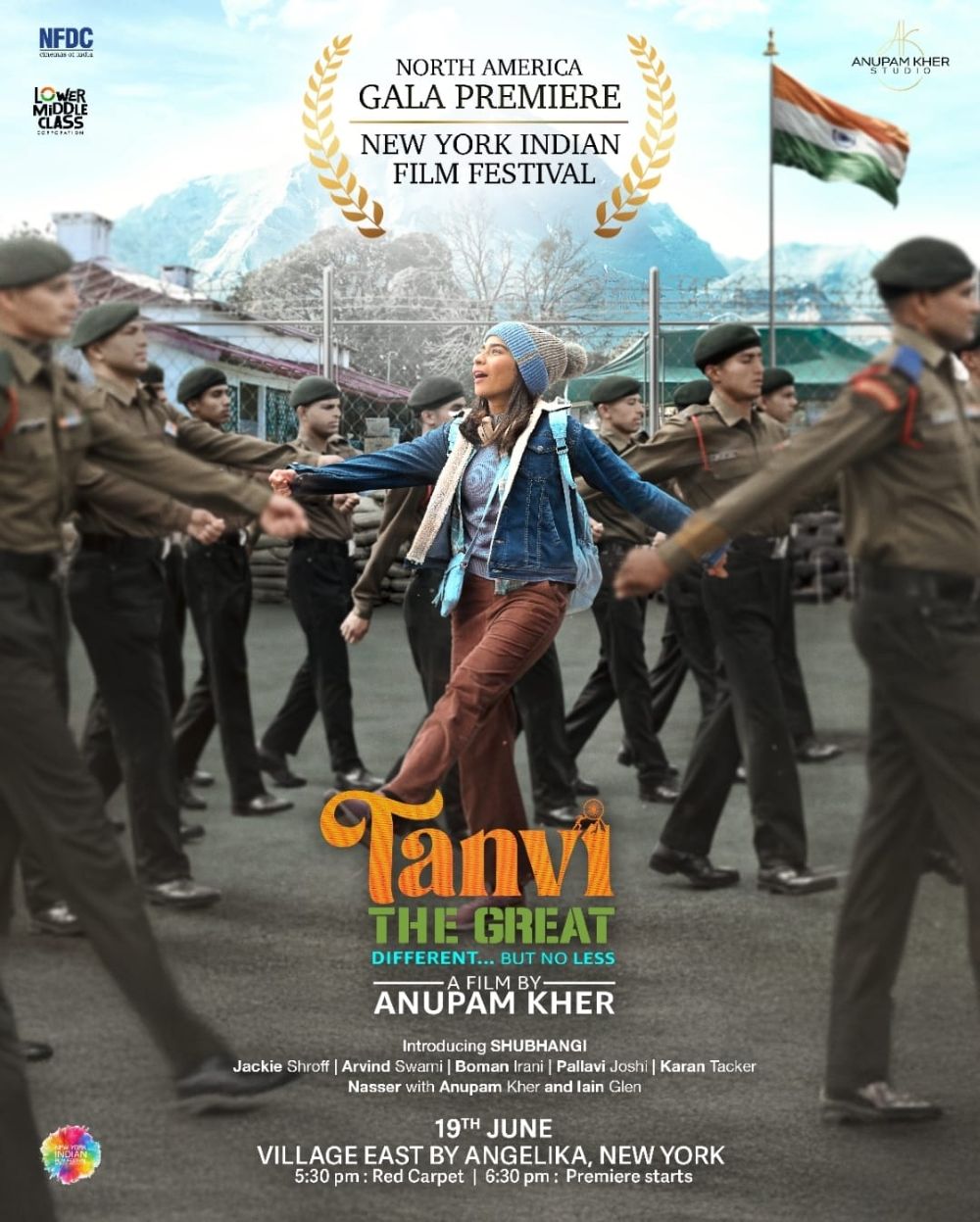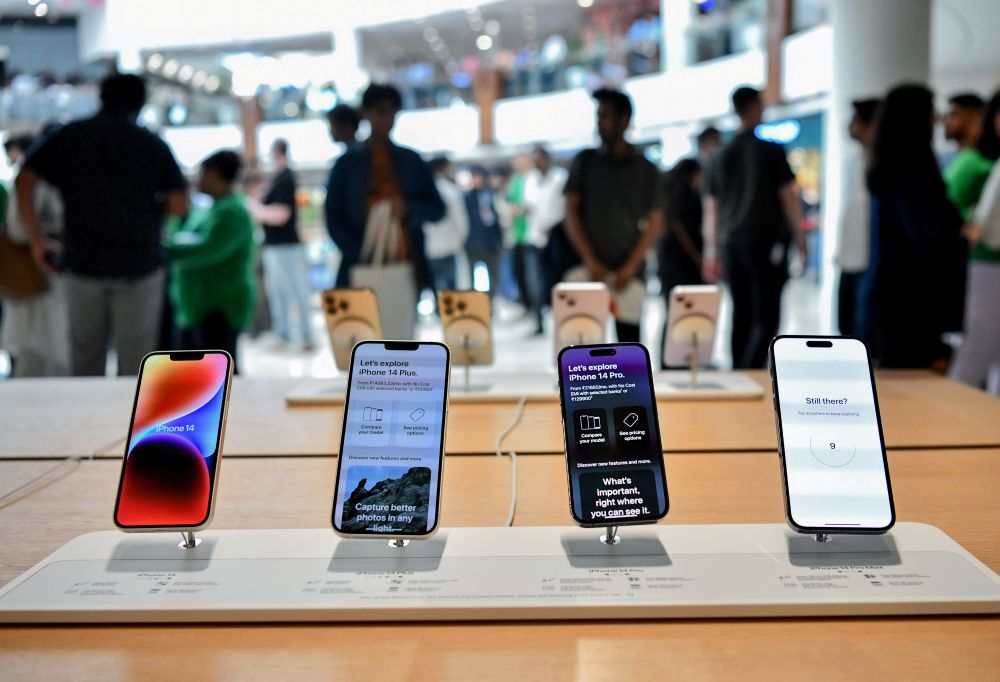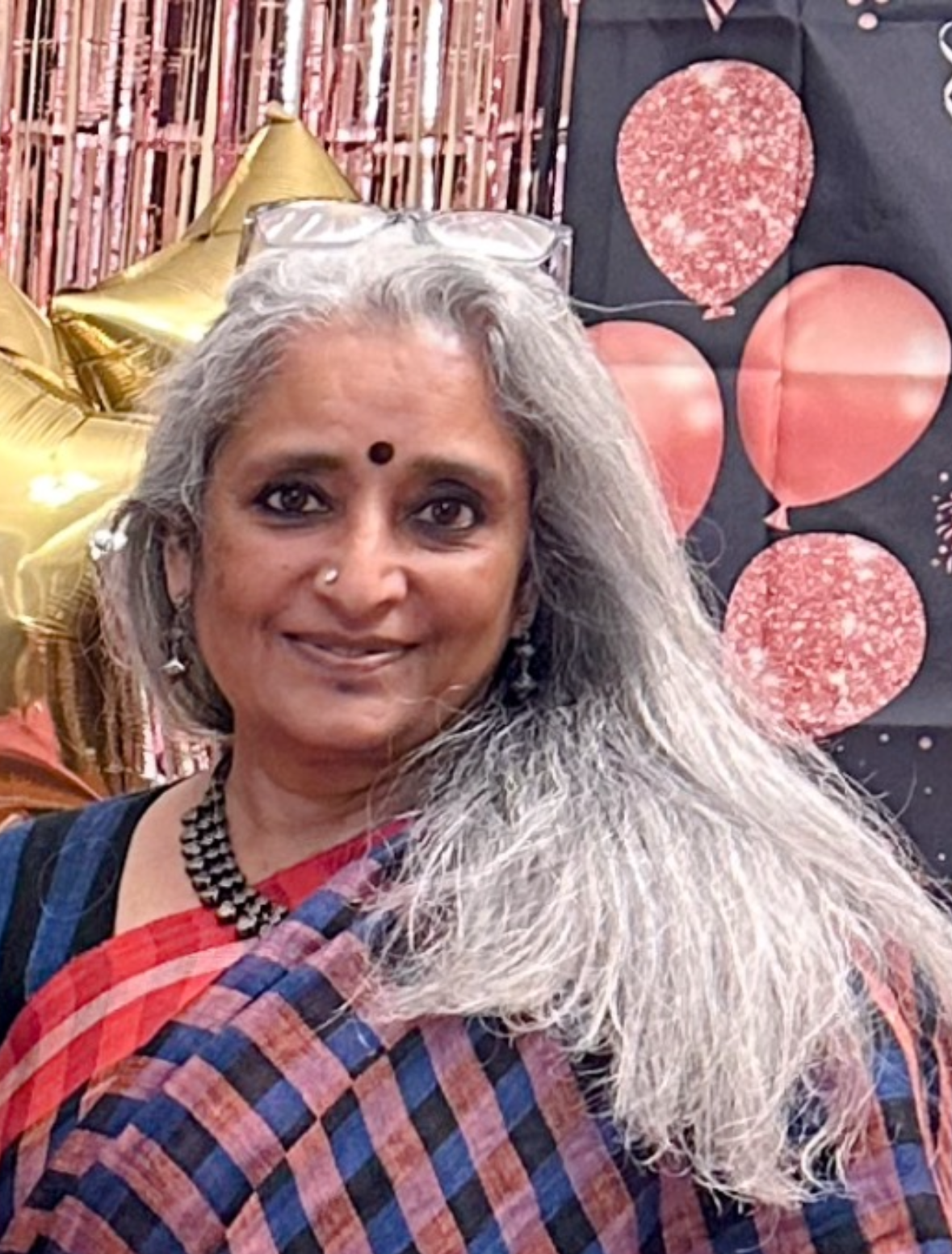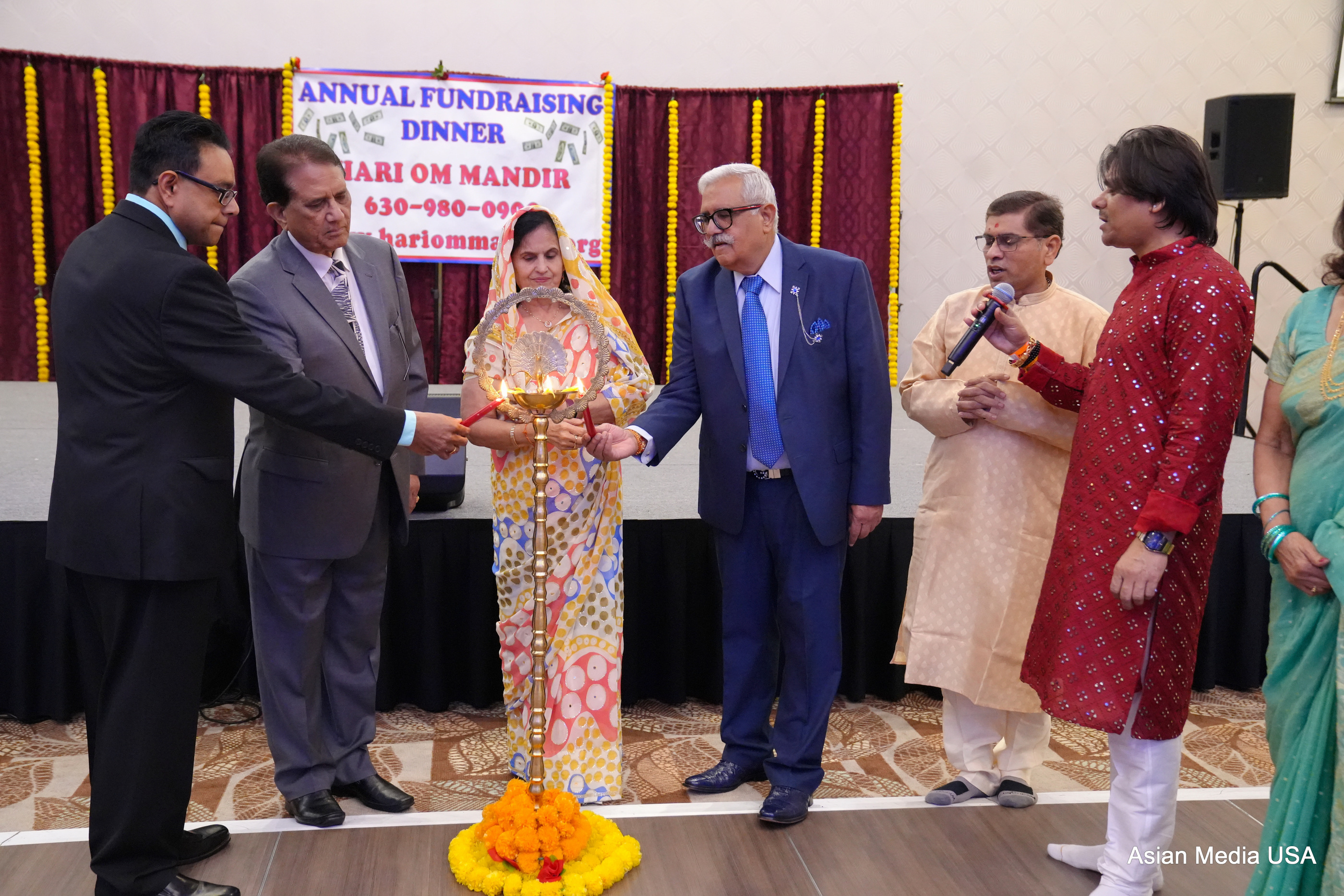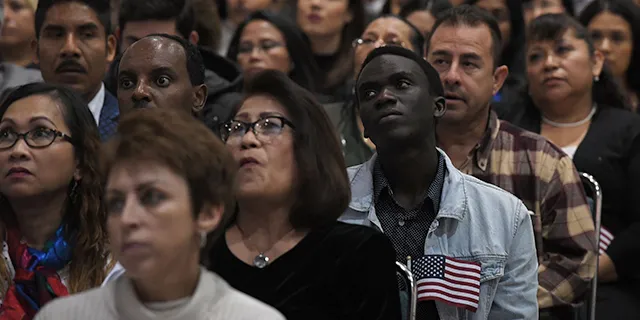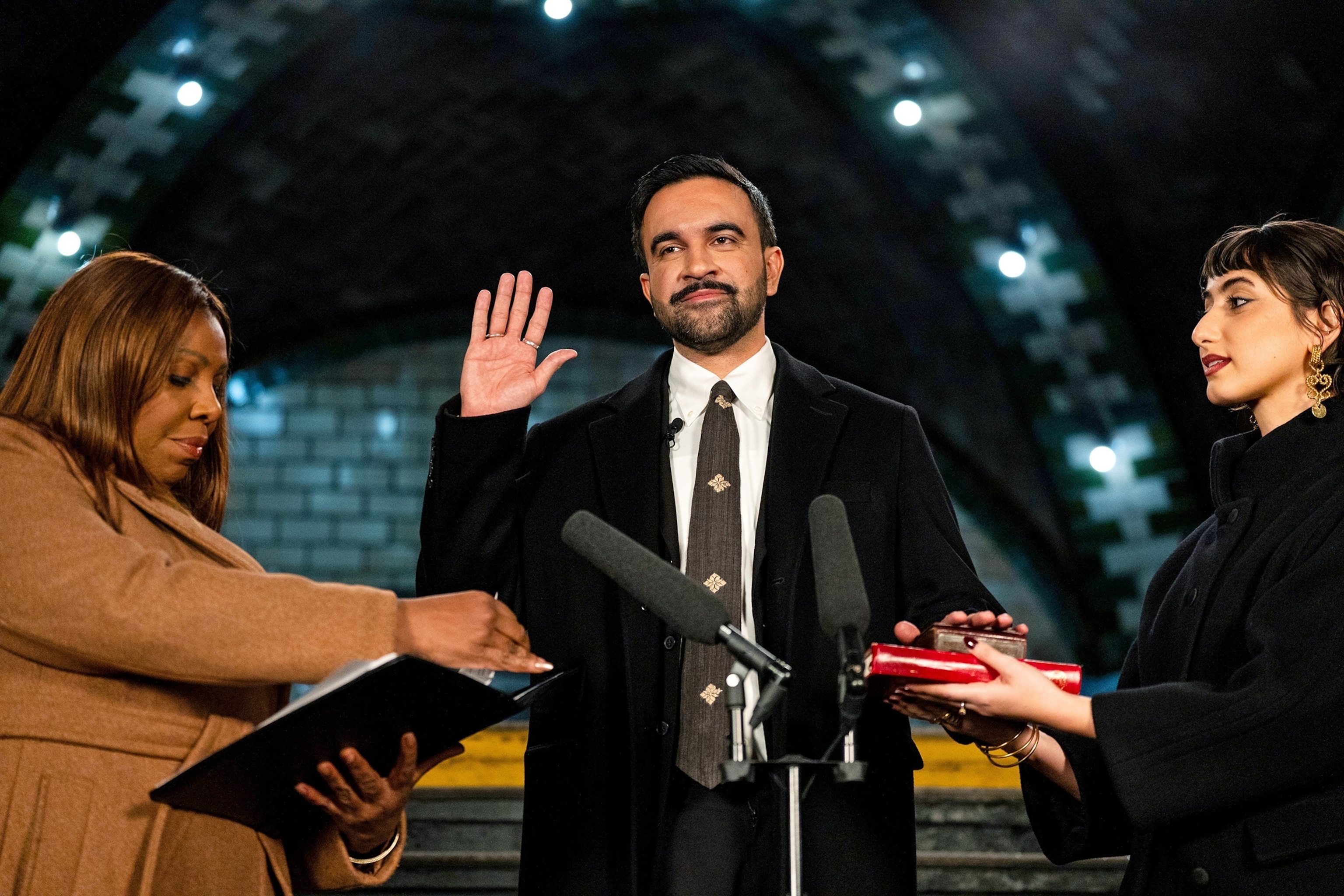Our Bureau
New York, NY
In the wake of the pandemic, a new era emerges—marked by fresh discoveries, novel treatments, and global victories over disease. These are the most influential people in health in 2024, as TIME Magazine’s inaugural ‘TIME100 Health’ list comes out. In the list, 4 Indian Americans are featured in the category of Titans and Innovators.
Dr Vivek Murthy – Titan
US Surgeon General Dr. Vivek Murthy issued an advisory about the profound consequences of loneliness and isolation—a departure from the type of standard medical conditions many of his predecessors prioritized. He realized he needed to shine a spotlight on loneliness after traveling the country, asking the people he encountered how he could be helpful. College students told him that, despite being surrounded by thousands of people, they felt like no one truly knew them. The patients he was treating said they didn’t have anyone to come pick them up at the hospital. “Part of the reason I was attuned to this issue was because I struggled with loneliness in my own life, as a child in particular,” he says.
Ideally, Murthy says, encouraging conversation around loneliness will help shatter the stigma that continues to surround it. “We associate loneliness with not being likable, or being defective in some way—like something must be wrong with you if you don’t have people around you,” he says. “That’s just a fundamental misconception,” especially given that our environment has changed in ways that make it harder to connect.
Venkat Shastri – Innovator
Venkat Shastri’s company, ALZPath, developed a blood test for one of the key markers of early Alzheimer’s—ptau217, which is a form of the Alzheimer’s-linked protein tau—that doctors can now order from select labs. A 2024 study showed that the ALZPath test is as accurate as cerebrospinal fluid in detecting early Alzheimer’s. The test for ptau217 could eventually become a routine part of blood tests for older people. “The next 12 to 18 months will see our test become more and more relevant in Alzheimer’s, and more useful in clinical practice with neurologists and primary-care physicians who see patients with memory issues,” says Shastri, who’s co-founder and CEO of ALZpath.
Alka Dwivedi – Innovator
As a graduate student at the Indian Institute of Technology, Alka Dwivedi noticed that the number of cancer patients had begun increasing at an alarming rate every year. In 2023 alone, there were nearly 1.6 million new diagnoses, according to the World Health Organization. But the few available treatments were not affordable for the majority of Indian patients who come from low- and middle-income families. For example, CAR T-cell therapy—immunotherapy in which T cells are modified to selectively attack cancer cells—originated in the U.S. and is now being tested in Indian clinical trials as a promising treatment for blood cancers like leukemia and lymphoma. But it can cost as much as 3 or 4 crores—nearly $50,000—in India. After years of looking for ways to ease the cancer burden, Dwivedi and her team may have finally found the answer: NexCar19. Like CAR T, the treatment reprograms a patient’s immune system to fight cancer and was recently approved for commercial use by the Central Drugs Standard Control Organization. Unlike CAR T, it is produced in India, lowering the cost to about one-tenth that of CAR T therapy. Although it can be used only for blood cancers in patients over the age of 15 for now, NexCar19 could save millions of lives in the world’s most populous country. “This is a big achievement for India,” Dwivedi told the Maryland-based National Cancer Institute, where she is now continuing to train at the Center for Cancer Research. “It’s the team effort that brought us here.”
Avindra Nath – Innovator
Dr. Avindra Nath, clinical director of the U.S. National Institute of Neurological Disorders and Stroke, has always been interested in viruses. He completed his neurology training during the AIDS epidemic, a formative experience that left him fascinated by how viruses interact with the nervous system. This year, that interest yielded a historic study—perhaps the most extensive ever conducted—on a long-ignored and mysterious condition: myalgic encephalomyelitis/chronic fatigue syndrome (ME/CFS). For the multi-million-dollar study, a research team led by Nath carried out a battery of tests on 17 people with ME/CFS, a condition characterized by extreme fatigue, which is worsened by physical and mental exertion. The study’s findings will be instrumental in pushing forward research and treatment trials focused not only on ME/CFS but also on other postinfectious illnesses like Long COVID, which may share similar roots, Nath says. “It’s a great opportunity,” he says. “If you can crack one of them, I think we can crack all of them.”
















